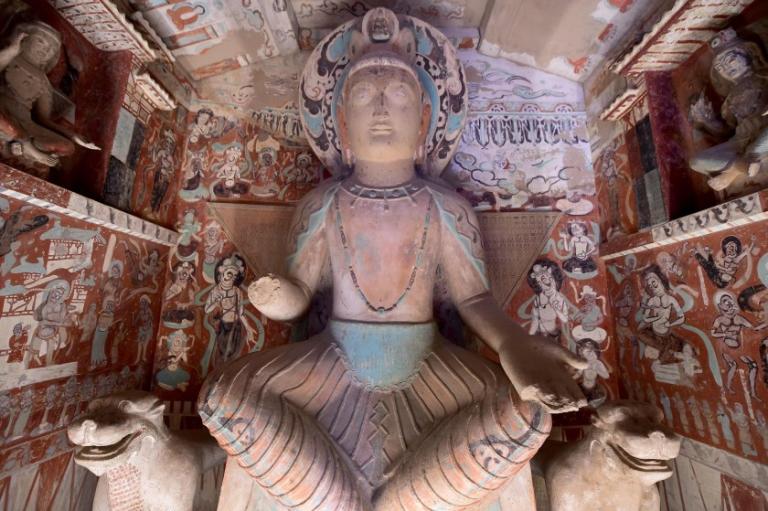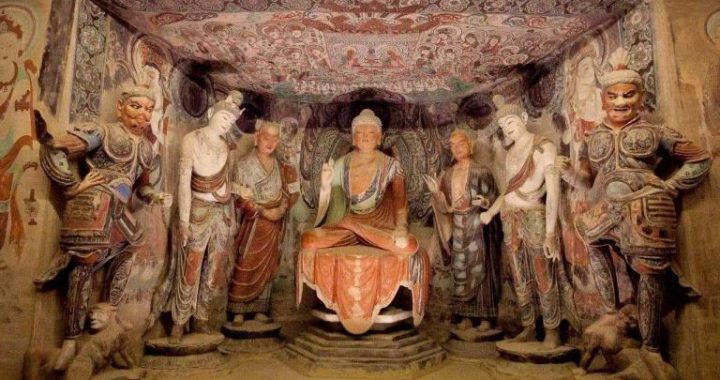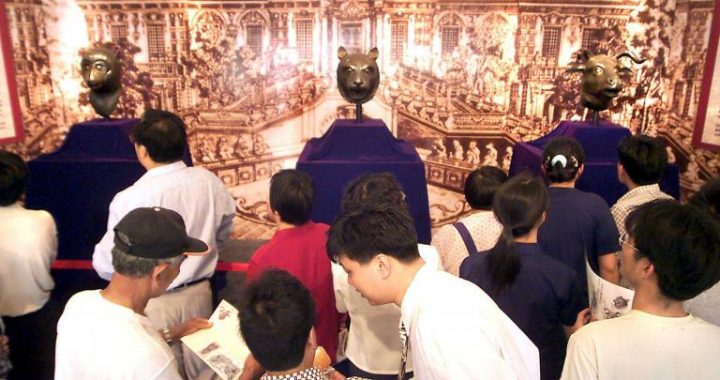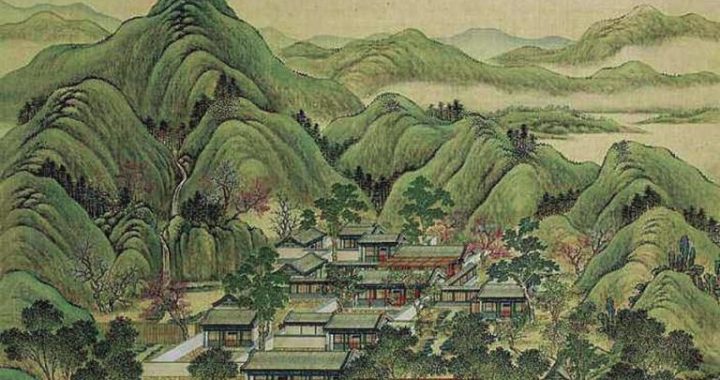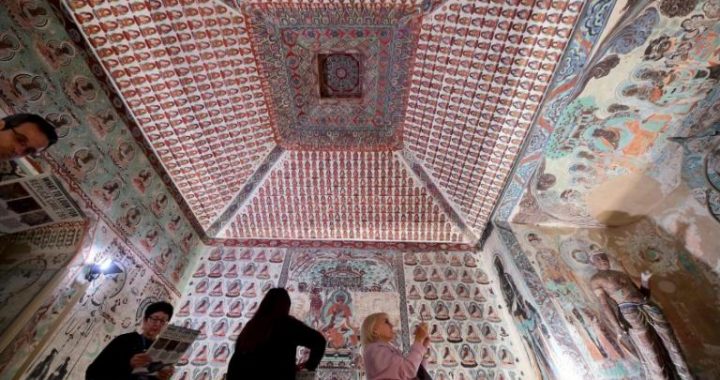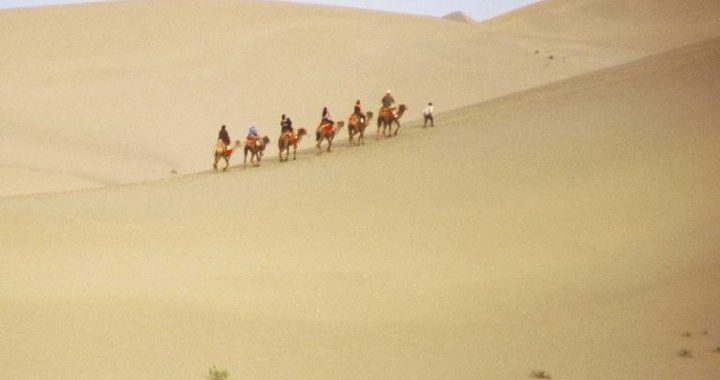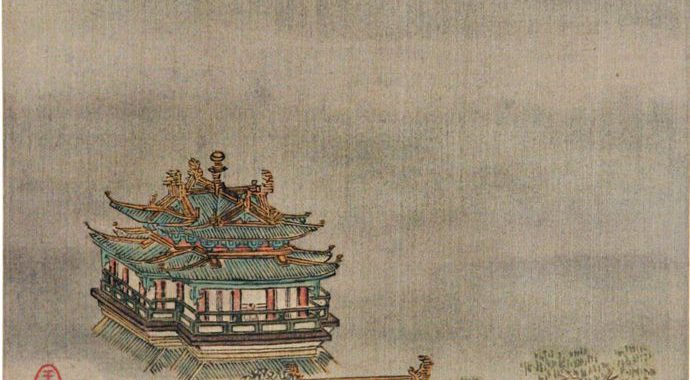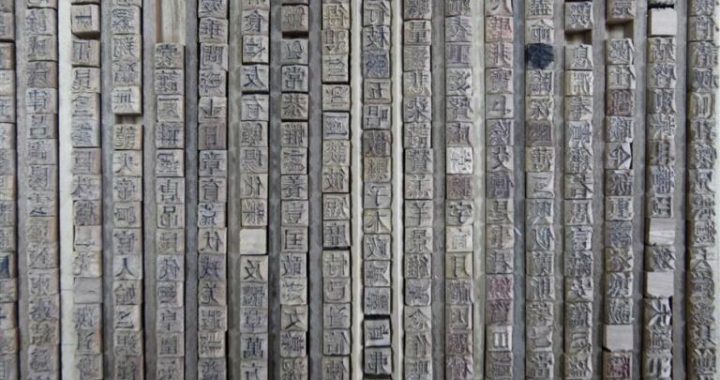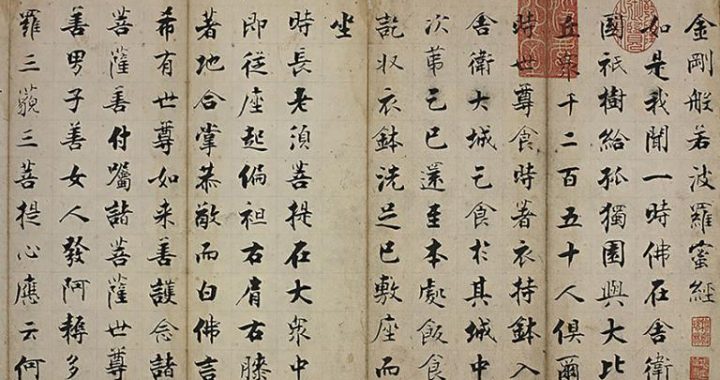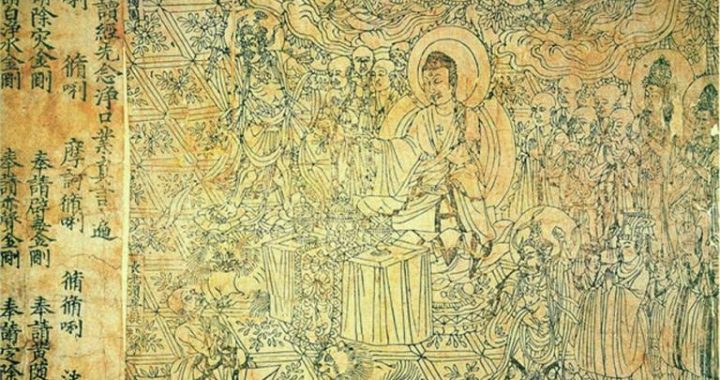Loss of Dunhuang Treasures
3 min readIn the history of Dunhuang,Wang,the Taoist is a key figure whether in the discovery of the Library Cave or in the drain of Dunhuang relics.His real name was Wang Yuanlu but was written in several different ways.He had a religious name:Fazhen.He was born in Macheng,Hubei.Because of successive calamities,he was forced to leave his hometown to make a living.He wandered about and finally came as a soldier to Jiuquan and became a Taoist priest after retirement from military service.He roamed further and in the end came to Dunhuang and settled at the Mogao Grottoes.

There have been several stories concerning the process and details of the discovery of the Library Cave.In Wang Fazhen Mu Zhi(Tomb Inscription on Taoist Priest Fazhen)it is told that when Wang arrived at the Mogao Grottoes,the people of Dunhuang were voluntarily carrying out a large-scale renovation to the MogaoGrottoes.He took an active part in it and was in charge of cleaning the”three story building.”He rushed about,trying to raise money,and he himself was economical in daily spending.With the money he had raised he spent nearly two yearshaving the sand cleared out of Cave 16 with water diverted from the Dangquan River.
It was in this process that Wang accidentally discovered the Library Cave,a cultural treasure house which would stir the world.
A more popular version among the people is that Wang Yuanlu employed a person surnamed Yang to copy sutras and during the intervals of rest,Yang smoked tobacc When he attempted to place his tobacco lighter-a stalk-in a crack on the wall,he found it very deep;tapping on the wall,he felt it empty inside.He reported this to Wang,and together they discovered the cave,in which were found piles of scripture rolls and Buddhist streamers.
After the discovery of the Library Cave,Wang consulted the local gentlemen about it.Everybody believed that they were Buddhist articles of merits and virtues made by their ancestors and should be well preserved in their original place.Later,Wang reported this major discovery to the local authorities and specially choseseveral exquisite scrolls and silk paintings for Yan Ze the magistrate.It was a pity Yan Ze took them for old waste paper!In April 1902,a new magistrate namedWang Zonghan came to Dunhuang.Wang repeated what he had done before in hope of getting some fund.The new magistrate knew at the first glance that they were unusual and gave the Mogao Grottoes a complete inspection.The result is that he took away an exquisite collection of Buddhist sutras and silk paintings and told Wang to keep them where they were and took good care of the Library Cave.
Though dissatisfied,Wang was not to give up.He visited Ting Dong,Circuit Intendant of Suzhou,with some scrolls,which the latter studied from the angle of calligraphy and concluded that it was not as good as his handwriting.In the beginning of 1903,Ye Changzhi,Provincial Education Commissioner in Gansu and”good at epigraphy,bibliology,and textual criticism,”received some stele rubbings,Buddha image paintings and sutra copies from the Mogao Grottoes from Wang Zonghan and knew that the relics in the Library Cave were extraordinary,so he suggested that they be sent to Lanzhou for preservation;however,as he failed to collect the5,000 taels of silver for transportation expenses,he gave up in the end.The Gansu government office ordered Dunhuang county office”to check the scripture rolls and preserve them on the spot.”As to fund and measures of preservation,nothing was mentioned at all.
In this way,the relics in the Library Cave began to be scattered due to the ignorance of Wang,the Taoist and the indifference of the Dunhuang officials.How should we make a comment about Wang Yuanlu?Perhaps a fair and objective appraisal might be made of him when he is placed in the historical context.
